-
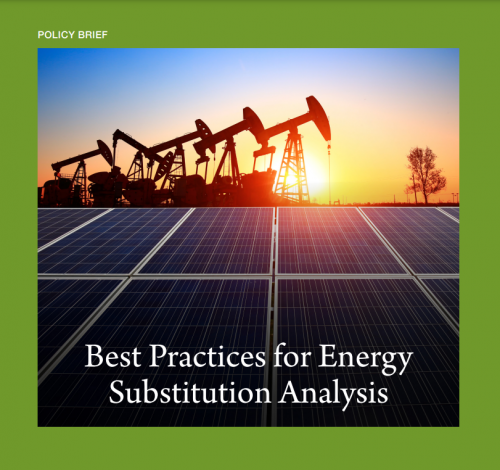
Best Practices for Energy Substitution Analysis
In recent years, numerous federal agencies have made a controversial claim: that projects locking in fossil fuels over the long term will decrease aggregate greenhouse gas emissions, or that their effects on total emissions will be limited. In many of those cases, however, agencies have reached this counter-intuitive conclusion using a flawed consideration of energy substitution. This report identifies some of the recurring problems with agency analysis of energy substitution and offers best practices to apply moving forward.
-
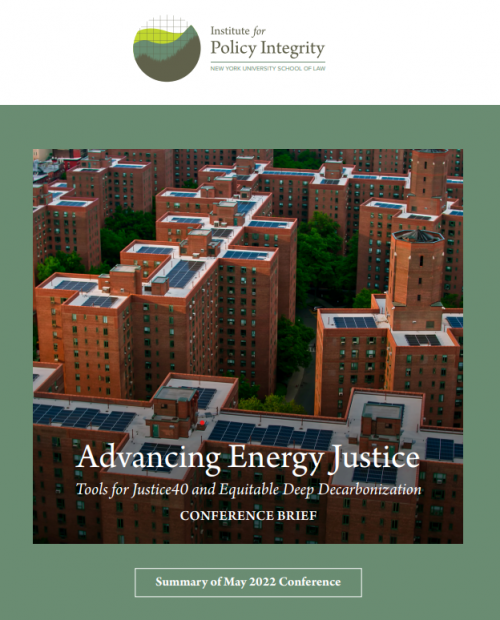
Advancing Energy Justice Conference Brief
Tools for Justice40 and Equitable Deep Decarbonization
This brief summarizes some of the major points of discussion from our May 2022 conference, “Advancing Energy Justice: Tools for Justice40 and Equitable Deep Decarbonization.” The event brought together federal agency staff working to implement Justice40 with researchers to discuss how academic research can be more responsive to communities’ needs. This brief summarizes the varied views expressed by conference participants and is not intended to be a consensus or recommendation document.
-
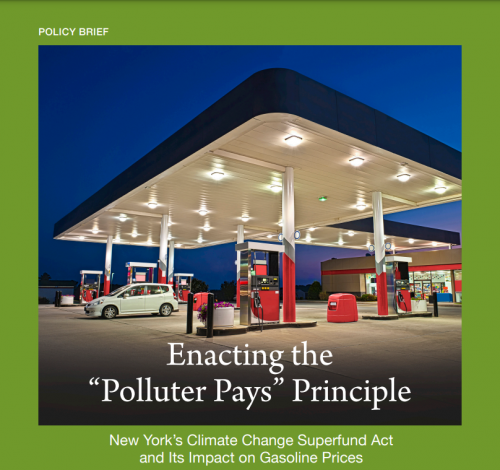
Enacting the “Polluter Pays” Principle
New York’s Climate Change Superfund Act and Its Impact on Gasoline Prices
This policy brief analyzes how New York State’s recently proposed Climate Change Superfund Act is most likely to affect consumer gasoline prices. The Act would require payments from fossil-fuel companies based on their historical contributions to current greenhouse gas levels in the atmosphere. The payments would be used to build green infrastructure to help the state adapt to climate change. The brief finds that the Act would likely have a negligible impact on current and near-term oil prices, while potentially lowering future energy prices in New York, including for transportation.
-
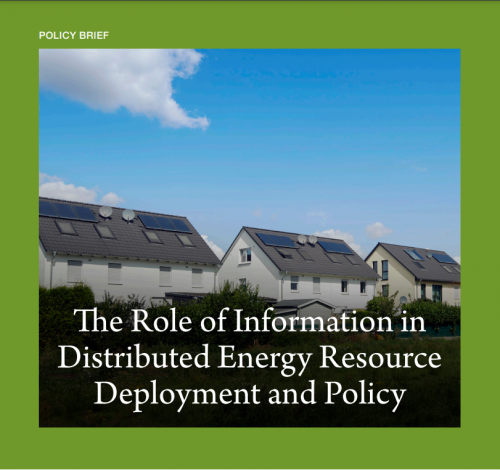
The Role of Information in Distributed Energy Resource Deployment and Policy
While appropriate compensation for DERs has received considerable attention in DER policy discussions, one important dimension has received less attention: informational gaps and asymmetries. In particular, key information about distribution networks, energy consumption, and marginal emission rates is often either entirely lacking or readily available only to some parties. Such information disparities can impede effective policymaking. To overcome the inefficiencies information asymmetry creates, regulators must carefully tailor disclosure mandates and incentives for utilities, as these actors often have little incentive to go beyond the letter of the law in data disclosure.
-
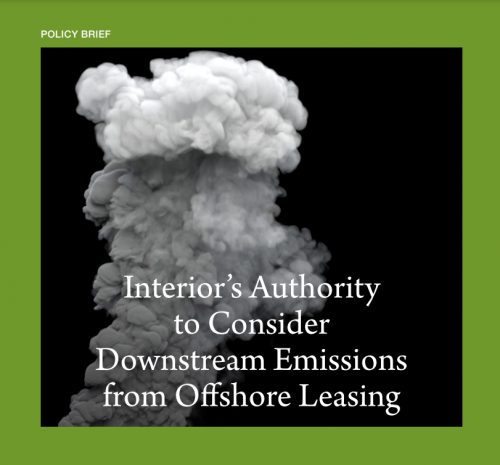
Interior’s Authority to Consider Downstream Emissions from Offshore Leasing
In its proposed Outer Continental Shelf oil and gas leasing program for 2023–2028, the Bureau of Ocean Energy Management (BOEM) claims that it cannot consider downstream greenhouse gas emissions when setting leasing policy because of a 2009 D.C. Circuit case, Center for Biological Diversity v. Department of the Interior (CBD). This Policy Brief explains that BOEM misreads CBD, which held only that the Outer Continental Shelf Lands Act (OCSLA) does not require the agency to consider downstream effects. The Policy Brief further explains that neither CBD nor any other case law bars BOEM from considering downstream effects and that consideration of such effects is in fact consistent with the text, legislative history, and regulatory history of OCSLA.
Viewing all publications in Reports
